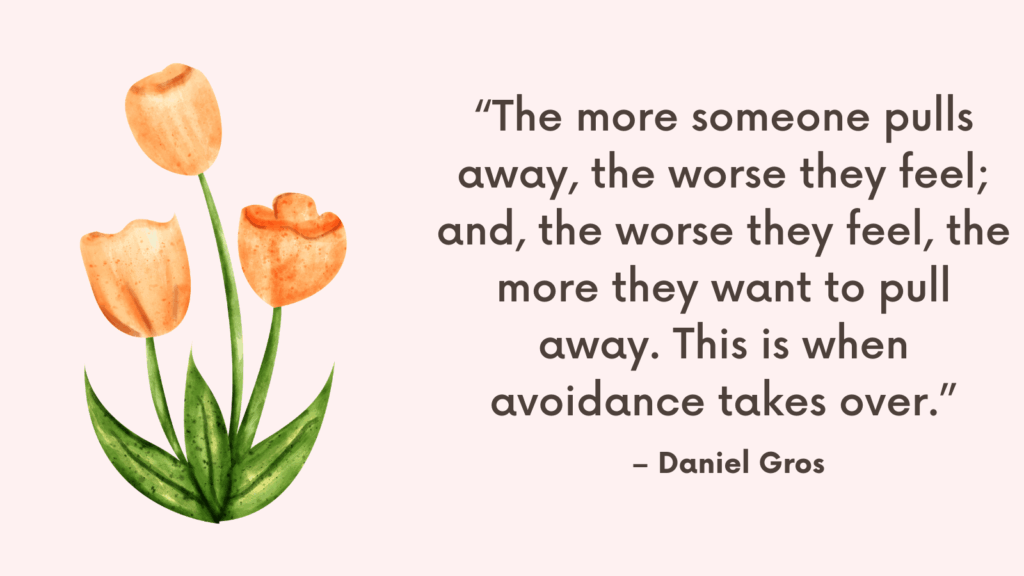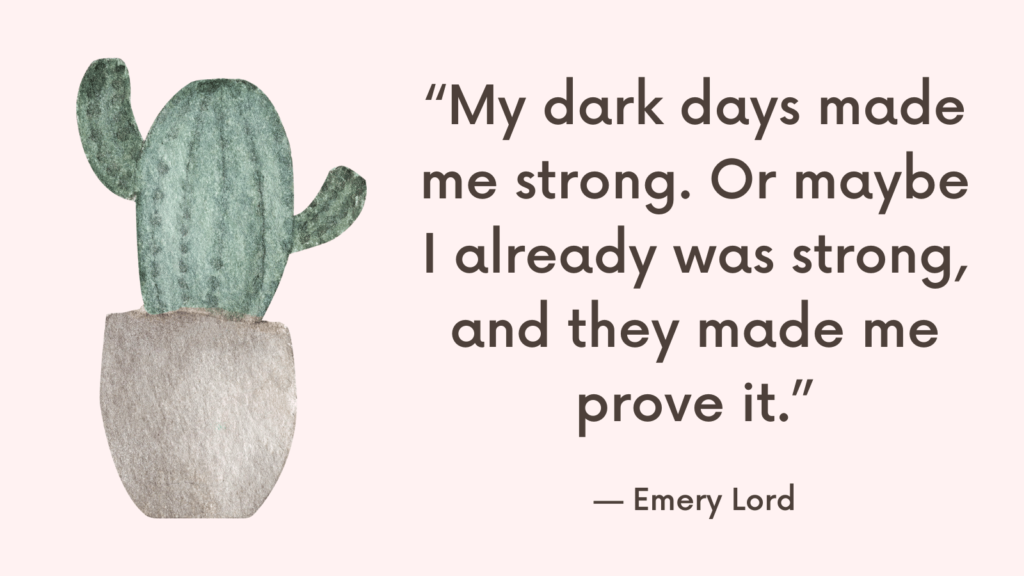When someone you care about is struggling with shame, you might not always know what to say or how to help. Shame isn’t just feeling bad — it’s feeling defective, unworthy, and isolated. It can make even the kindest words feel hard to receive. That’s why supporting someone through shame takes more than encouragement — it takes deep presence, emotional safety, and patience.
Here’s how to show up for someone who is battling shame — in ways that actually help.
What Shame Feels Like Internally
Shame feels like exposure — like you’ve been emotionally “caught” in something ugly and now must hide. It can feel like heat in the face, a sinking chest, or the urge to disappear. Shame makes a person feel small, defective, unworthy, or outside the circle of belonging.
Common internal thoughts might include:
- “I’m not good enough.”
- “If they really knew me, they’d leave.”
- “I always mess things up.”
- “I’m too much. I’m not enough. I don’t belong.”
These aren’t just passing thoughts — they often feel like truth.
What Shame Looks Like on the Outside
Shame is rarely loud. It hides. If someone you care about is struggling with shame, it might show up in quiet, protective ways:
- They shut down emotionally
- They avoid eye contact
- They isolate or withdraw from connection
- They dismiss compliments or praise
- They apologize constantly — even for existing
- They can’t accept help, kindness, or forgiveness
- They downplay their pain or say, “It’s not a big deal”
- They get defensive or reactive when you offer support
- They sabotage relationships or opportunities they deeply want
Shame may also show up in perfectionism, people-pleasing, or self-sabotage — all attempts to avoid the perceived danger of being seen “as they really are.”
How Shame Affects Their Ability to Receive Help
Shame makes it difficult for someone to believe they’re worthy of care. Even when you’re being gentle, their inner voice might twist your kindness into pity or judgment.
They might:
- Reject support because they feel like a burden
- Keep secrets to protect themselves from rejection
- Pretend they’re okay because vulnerability feels risky
- Push you away before you can get too close
They may want connection deeply, but fear it more — because connection means being seen, and being seen feels like danger.
Related: Best 20 Healing Shame Exercises To Break Free From Toxic Shame
How to Support Someone Struggling With Shame?
1. Don’t Try to “Fix” Their Feelings
Shame isn’t something you can talk someone out of. Telling them, “You shouldn’t feel that way” or “That’s not true” may be well-intended, but it can backfire. Shame already makes people feel broken — being told their pain is invalid just deepens the disconnect. Instead, listen without trying to fix. Be present without needing to offer solutions.
2. Normalize Their Experience Without Minimizing It
Say things like, “That makes sense given what you’ve been through,” or “You’re not the only one who’s felt this way.” This helps break the isolation shame creates. But avoid jumping to clichés like, “Everyone feels that way sometimes” — keep it grounded and sincere.
3. Be a Mirror of Compassion
People stuck in shame see themselves through a harsh, distorted lens. Offer a different reflection. Gently say what you see: “I see someone who’s doing their best.” “I don’t see what you’re seeing — I see someone who’s still worthy.” Let your calm presence be evidence that they’re not too much, not unlovable, and not alone.
4. Hold Space for Silence, Tears, or Withdrawal
Shame often makes people go quiet, pull away, or break down. Don’t rush to fill the silence. Don’t demand they open up before they’re ready. Just sit with them. Breathe with them. Sometimes, the most healing thing you can offer is stillness without pressure.
Related: Guilt And Shame In Recovery: Top 10 Tips to Overcome Them
5. Avoid Harsh Advice or Criticism
Even constructive feedback can sting when someone is deep in shame. Focus on empathy first. If guidance is needed, lead with care: “Can I offer something that might help, or would it feel better just to sit with it?” Always ask for consent before offering insight.
6. Use Gentle Language
Avoid statements that begin with “you always,” “you should,” or “why didn’t you…” Shame thrives on judgment. Instead, use words like: “It’s okay to feel that,” “This doesn’t change how I see you,” “You don’t have to carry this alone.”
7. Celebrate Their Vulnerability
If someone opens up to you about their shame, recognize that it took courage. Say, “Thank you for trusting me with that,” or “I know that wasn’t easy to share.” Naming their bravery helps build self-trust and connection.
8. Gently Challenge Shame-Based Beliefs
Once they feel safe, you can softly question the beliefs driving their shame. Ask, “Where did that story come from?” or “Would you say that to someone you love?” Help them create distance between the shame and the truth.
Related: Top 17 Shame Journal Prompts (+FREE Worksheets)
9. Keep Showing Up — Even If They Pull Away
People stuck in shame may test your love. They might isolate, deflect, or assume you’ll leave. Keep showing up. A simple text, a quiet check-in, or a steady presence says, “You don’t have to be perfect to be loved.”
10. Encourage Professional Support If Needed
If shame is chronic or linked to trauma, therapy can help. Suggest it gently: “I wonder if talking to someone who’s trained in this might help lighten what you’re carrying.” Offer to help them find a therapist, or just plant the idea as a future option.
Related: How to Break Shame Cycle? Top 8 Strategies

Conclusion
Supporting someone through shame means offering what shame takes away: connection, patience, and unconditional presence. You don’t have to say the perfect thing. You just have to be the kind of person who stays when they expect you to leave. That, in itself, is healing.



